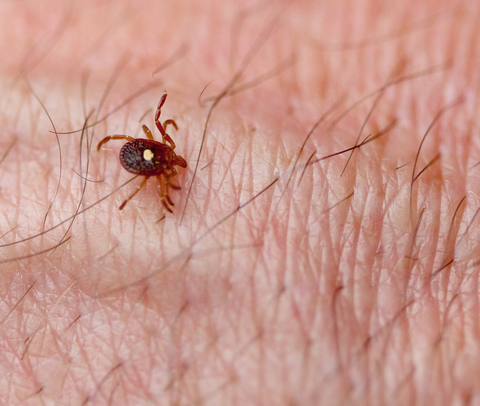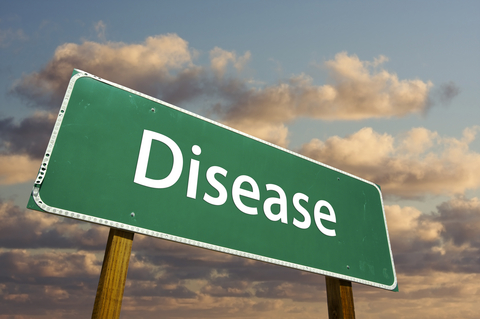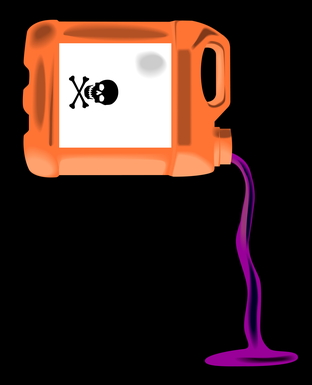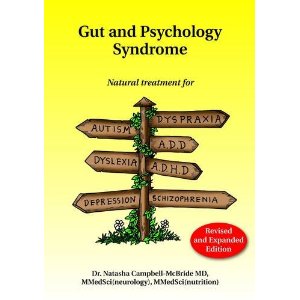 A recent study found that inflammation (there’s that word again) is responsible for bad bacteria gaining a strong foothold in the gut.
A recent study found that inflammation (there’s that word again) is responsible for bad bacteria gaining a strong foothold in the gut.
Intestinal inflammation produces nitrate, which then feeds these bad bacteria and thus worsens intestinal damage while crowding out probiotic bacteria.
When bad bacteria multiply and take over, a condition known as gut dysbiosis, they can cause a multitude of symptoms such as cramping, bloating, diarrhea and abdominal pain.
These symptoms are common in disorders like colic, ulcerative colitis, inflammatory bowel disease and Crohn’s disease.
Thus, learning to control inflammation is a key component of getting these conditions under control.
 A few months ago, my then-6-year-old son had a definite change in his typically sweet personality for the worst.
A few months ago, my then-6-year-old son had a definite change in his typically sweet personality for the worst. Yet another study shows that C sections and feeding your baby formula instead of breastmilk can change your baby’s gut flora for the worse, leading to gut dysbiosis.
Yet another study shows that C sections and feeding your baby formula instead of breastmilk can change your baby’s gut flora for the worse, leading to gut dysbiosis. Methylation is a subject that keeps coming up again and again for my sons and myself. It’s one of those all-encompassing issues like toxicity or gut dysbiosis because so many diseases and conditions are linked, directly or indirectly, to it or rather, a lack of it.
Methylation is a subject that keeps coming up again and again for my sons and myself. It’s one of those all-encompassing issues like toxicity or gut dysbiosis because so many diseases and conditions are linked, directly or indirectly, to it or rather, a lack of it. Great. Not only is triclosan, the drug in many anti-bacterial hand sanitizers and soaps, an endocrine disruptor (it damages your thyroid and hormonal system) and a pesticide (it kills your good gut flora), but now
Great. Not only is triclosan, the drug in many anti-bacterial hand sanitizers and soaps, an endocrine disruptor (it damages your thyroid and hormonal system) and a pesticide (it kills your good gut flora), but now  My Children: Recovered from Sensory Processing Disorder, Acid Reflux, Asthma and Eczema, and getting healthier everyday!
My Children: Recovered from Sensory Processing Disorder, Acid Reflux, Asthma and Eczema, and getting healthier everyday!


 Watch how ZiZi is recovering from autism with the GAPS diet.
Watch how ZiZi is recovering from autism with the GAPS diet.

